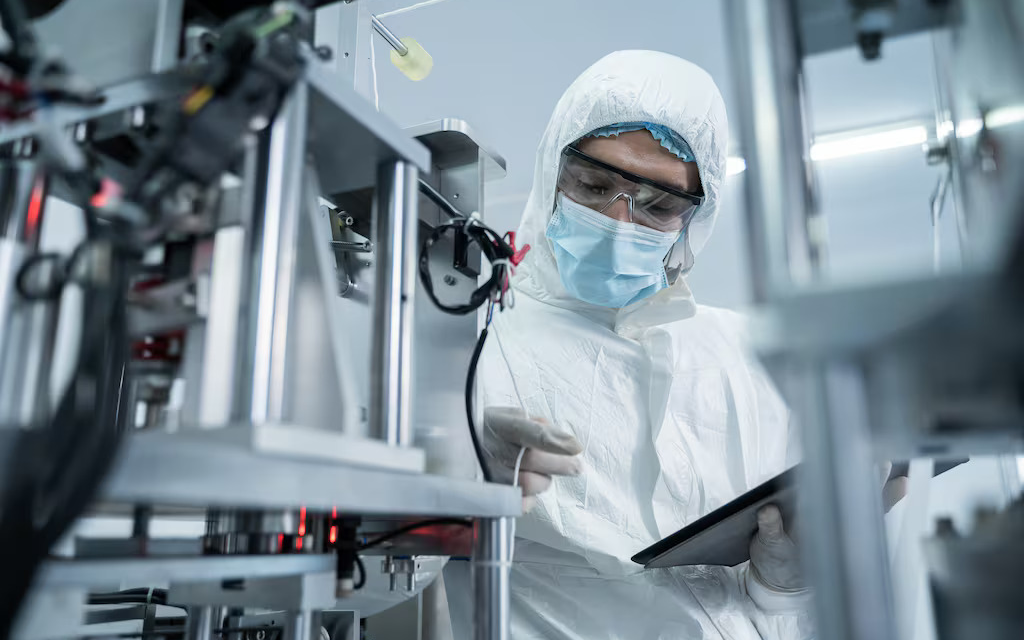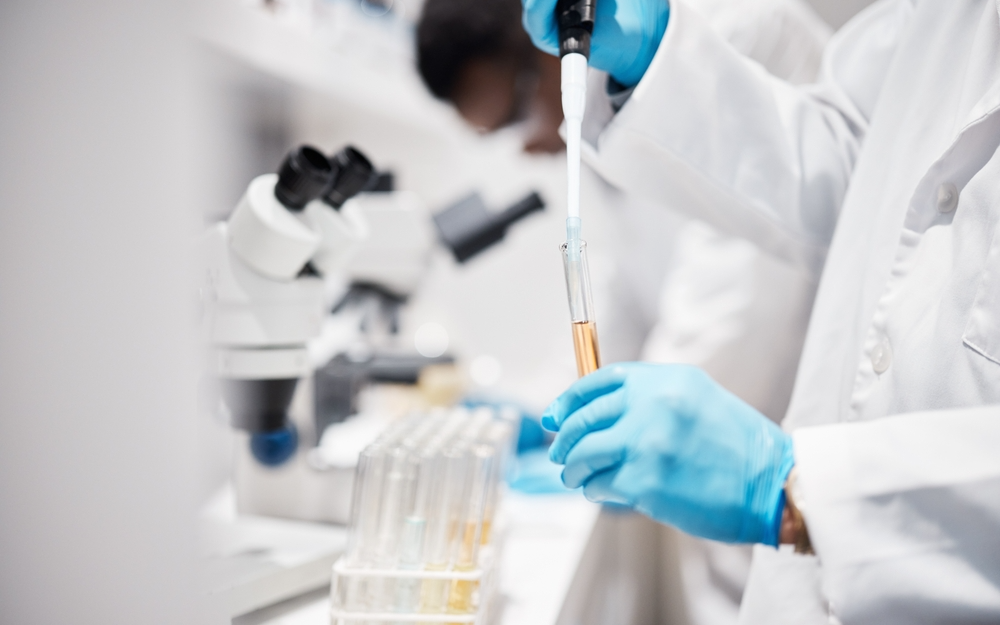Corporate tax rises fail to stop Ireland attracting foreign pharma investment
By Chris Wheal
June 27, 2024

Some 72% came from the US
Ireland continues to attract foreign direct investment (FDI), with pharma and life science firms at the fore. The higher-than-average rates of inward investment have continued despite Ireland’s increase in corporation tax to 15% in January 2024.
Critics had feared tax rises for the largest firms would make Ireland less attractive. But most firms still pay the old 12.5% rate and there is a generous tax break for R&D spending.
PCI Pharma investment
The foreign direct investment agency, IDA Ireland, recently announced another major pharma investment from US pharmaceutical contract development and manufacturing organisation PCI Pharma Services.
It has taken a 25-year lease and will construct a new industrial facility at CityNorth Business Campus in Stamullen, County Meath. PCI Pharma will add 82,000 sq ft of production and services space alongside its existing 45,000 sq ft facility.
Its current business there focuses on packaging for oral solid dose (tablets and capsules) and sterile injectable dosage forms.
Value of inward investment
Naysayers had suggested Ireland was only successful at attracting foreign investment because of low-tax bribes to multinationals. But the latest figures rubbish that idea.
The Central Statistics Office (CSO) last week published a new statistic release analysing foreign investment using a new methodology. It said the stock of FDI was €1,284bn at the end of 2022, an increase of 2% on 2021.
FDI was 254% of gross domestic product (GDP) at the end of 2022, which was approximately four times the EU average. Some €921bn came from the US, accounting for 72% of the total.
Top 25 firms dominate
Faris Bader, statistician in the CSO’s International Accounts Division, said that 67% of inward FDI was concentrated among the top 25 firms. Although it didn’t identify the firms or industries, pharma firms will feature prominently.
"This experimental research has been developed to add value to official statistics pertaining to FDI and globalisation and to highlight the relevance of FDI statistics and their role in the Irish economy,” Bader said.
“The results show that 72% of inward FDI to Ireland in 2022 had an ultimate controlling parent in the United States, and that 67% of inward FDI was concentrated among the top 25 firms."
Bader added: “The results also show that pass-through, which can be defined as foreign multinationals investing in their Irish affiliates and then subsequently investing in another economy, made up 30% of inward FDI, Round-tripping, which refers to domestic funds that leave an economy and return as FDI, amounted to €56bn.
“This year's release also includes a chapter on greenfield investment, which represents new investment in the economy, and amounted to €13bn in 2022."
IDA response
Speaking about the PCI Pharma investment, the IDA’s global head of life sciences, Rachel Shelly, said: “PCI is an established member of the region’s growing life science cluster, and this latest announcement reinforces their commitment to Ireland.
“This expansion by PCI, a provider of sterile and high potent drug development, clinician trial services and commercial packaging for the pharma and biopharma sectors, is excellent news for County Meath and indeed the entire mid-east region.”
Commenting on the latest CSO figures, an IDA Ireland spokesperson said: “Ireland as one of the world’s leading locations for life sciences, is home to 13 of the world’s top 15 pharma companies and 14 of the largest 15 MedTech companies, employing about 100,000 people, and exporting over €100bn annually.”
PCI Pharma was not answering calls at its European headquarters and did not respond to an email from PharmaLifeScience.
Tell us why Ireland is so attractive.







.png)